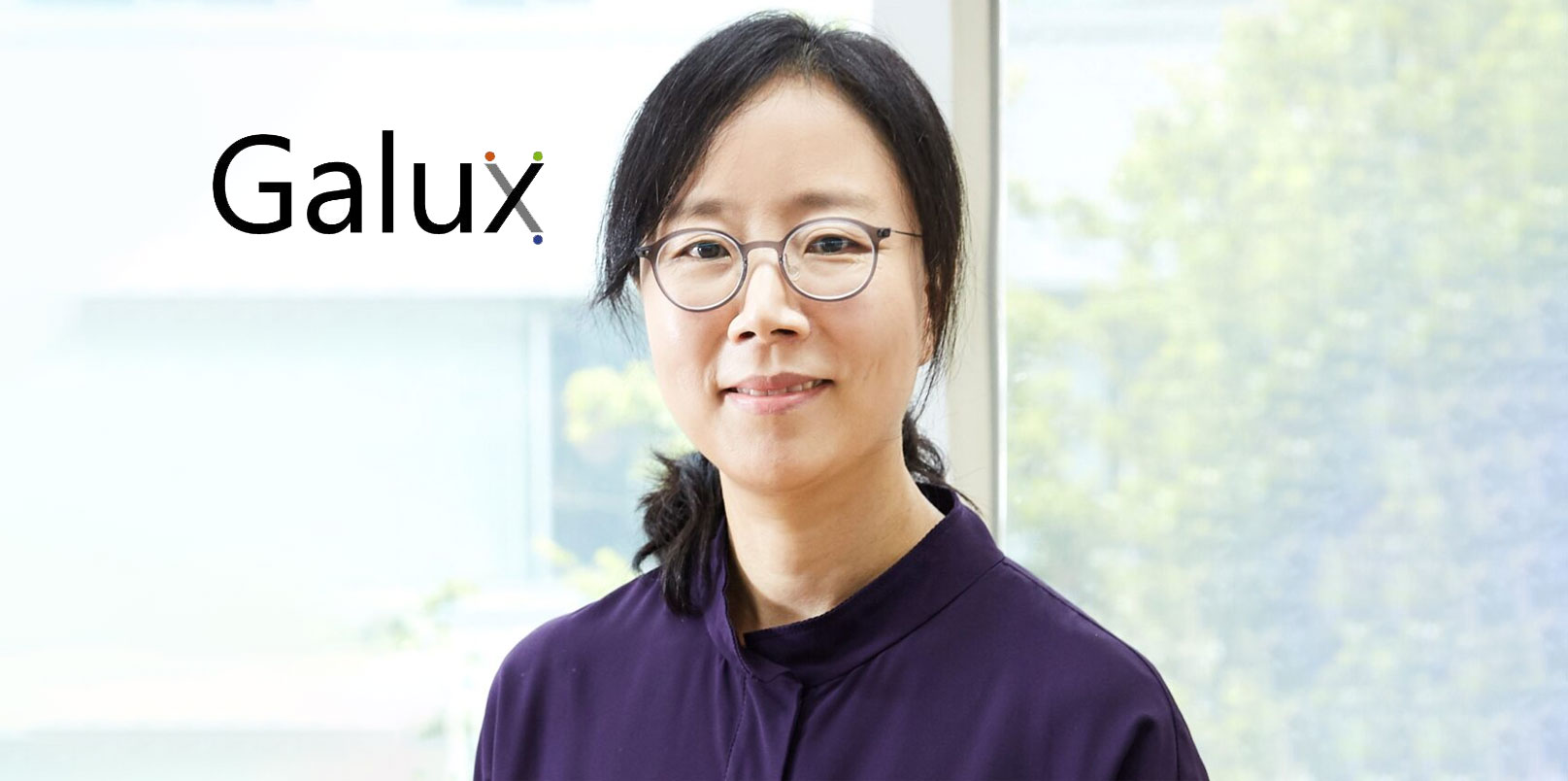Michael Chou is a leading investor in everything internet and technology. Currently he leads the Technology Capital Solutions fund at The Riverside Company, a global investment firm with over $8 billion in assets under management. Prior to joining Riverside, Mr. Chou was the Founder and Managing Partner of Day View Capital Management, where the strategy for Technology Capital Solutions originated. Previously, Mr. Chou was a Partner at Harmony Partners, a founding member of Revolution Growth, and a technology investment banker at Perella Weinberg and Barclays. Mr. Chou holds an AB in Economics from Princeton University and was a Forbes 30 Under 30 honoree in 2016 for venture capital.
Koreatechdesk.com asked Mr. Chou questions about startups and investment. He has spoken at length sharing his knowledge and advice with great intensity and depth.
1. What kinds of startups have you invested in and how did you find those companies?
Most of my investments have been in high-growth software and internet as well as sub-segments of those spaces such as on-demand services. These include businesses like Anaplan and AppDynamics (in software), Spotify and Udemy (in internet), and Postmates and Swiggy (in on-demand services). Since I focus on later-stage investing, I identify these companies through several steps that often vary in signalling value based on the situation. For example, for software investments, I frequently speak with software buyers at larger companies, who often evaluate a set of competitive products before making a recommendation to their CIO. I then cross-reference those conversations with industry analysts, channel partners, or early stage VCs. For internet investments, I try to get an initial signal from search, app store, or credit card data. After I identify these promising companies, I approach the company’s management and board to make the case for why ‘Day Vie’ would be a good business partner and investor.
2. What would be the core factors that led you to invest in those companies?
While some investors have tried to codify a list of investment criteria such as revenue, growth, or margin thresholds, I tend to think more holistically. Adopting a more rigid set of criteria neglects the nuances of a space and can often result in false positives and negatives; upper decile growth or margin profiles, for example, vary by sub-sector. For each of my deals, I conducted a deep dive on diligence by learning the market-specific nuances through hundreds of calls and meetings with customers, partners, competitors, investors, and other stakeholders in the ecosystem. I believe that truly differentiating insights are rarely readily visible. The key swing factors for my investments in the past have ranged from the regulatory rationale and sustainability of an inflection point in gross margin to the intention of several key customers to increase their contracts significantly despite an increase in pricing. The entry valuation helps determine the margin of safety on an investment and protects against the original underwriting thesis not playing out exactly according to plan.
3. What’s your basic investment philosophy?
I believe that markets are generally but not completely efficient and investors often suffer from overconfidence. I often think about deal dynamics, specifically adverse selection, and the difference between alpha and beta—in other words, am I simply getting compensated for bearing more risk, or do I actually see something that others don’t? It’s easy to pontificate about the most commonly cited marks of an attractive company (e.g. large market, leading position, differentiated product, defensible moat, strong growth / margin profile, etc.), but I’m always cautiously sceptical of each investment opportunity and frequently ask myself what I’m seeing or doing differently than other investors.
4. What are the main reasons startups fail? How can founders prevent those mistakes?
I think the most common underlying reason startups fail both at the early stage and late stage is market timing, which manifests in a variety of ways that are more commonly pointed to as reasons for failure. If you’re trying to sell a product that the market isn’t ready for at that time, it’s very difficult (in fact, almost impossible) to succeed. To prevent this, I think it’s important for founders to validate their new ideas with potential customers. Build a list of customers that have indicated interest in an offering like yours. Even better, see if you can get customers to put down a deposit. Next, it’s important to iterate quickly while continually speaking with customers and prospective customers. Continuous feedback is helpful, but you shouldn’t incorporate every piece of feedback that you get—you should weigh and prioritize the input you’re getting. This is evident in early stage startups but for later stage startups, market timing could also manifest in the speed at which an incumbent can develop and launch a competing product, the availability and cost of capital to fund additional growth, or the deterioration of unit economics once a startup has saturated its initial “low-hanging fruit” customers.
5. What’s your advice to entrepreneurs who get a chance to meet (or pitch) investors like you?
Know your specific differentiators. The aforementioned “commonly cited marks of an attractive company” are usually immediately evident to an investor but the specific differentiators are typically not. Know exactly what your competitors and adjacent companies are doing and how you’re different. What experience, knowledge, or other edge do you uniquely have that your competitors do not? What nuance in your approach or product is different from theirs?
6.What’s the benefit of being “global”?
Having a presence (not necessarily physical) in multiple geographies allows for good cross-pollination of talent and ideas. I have invested globally for most of my career and consider myself fortunate to have learned about business nuances in different countries. I’ve learned it’s especially important to keep adverse selection in mind: why am I seeing this opportunity in another country—has everyone in that country already passed on this opportunity or is there some other dynamic at play? How confident am I that’s the case?
7. What are the important factors for Korean startups to consider for a U.S. expansion?
Korea has several attractive demographic attributes for startups such as high disposable income, mobile penetration, and urban density. Certain pockets of the United States are similar, but each market has unique characteristics. Understanding these specific nuances is critical, and a land-grab strategy is not always the best approach. In fact, I tend to find it rarely is; the hyper-growth situations that often resemble land-grabs externally often have a “pull” component where customers or channel partners want to buy more. Test and understand launch markets thoroughly. People often oversubscribe to the “fail fast” mentality, which doesn’t always make work in an idea-, capital-, and startup-saturated environment where inundated customers may be less likely to give you a second chance.
8. What’s your definition of “success” as an investor or as an individual?
I equate “success” (as both an investor and an individual) with sustaining a level of fulfilment that comes from a combination of achievement, positive impact, and happiness. For me, achievement is not only about outcomes, but also about growing throughout the process—investing would not be nearly as fun if it were easy. I also value creating a positive impact, from enabling a company to continue to grow and create useful products to providing much needed liquidity to an early employee. And lastly, I think a key part of success is enjoying what you do.
9. What are the things that you would do if you could go back 10 years ago?
Ten years ago, I constantly worried about whether each career decision I was making was the right long- term move. Now, with the benefit of hindsight, I know that there’s no such thing as a wrong career move if you work hard, be kind, and enjoy yourself.
10. When you next come to Korea, what kinds of entrepreneurs or companies do you want to meet?
I like meeting entrepreneurs and companies who thoroughly study and understand their markets, competition, and competitive advantages and can clearly articulate the nuances. If you have a software or internet company that has the “commonly cited marks of an attractive company” and you can explain why you’re different, I’d love to meet you.
Michael Chou will be attending TIPS X beSUCCESS KOREAN STARTUP SHOWCASE as one of the prominent judges on March 12th, 2019 at JW Marriott San Francisco.






